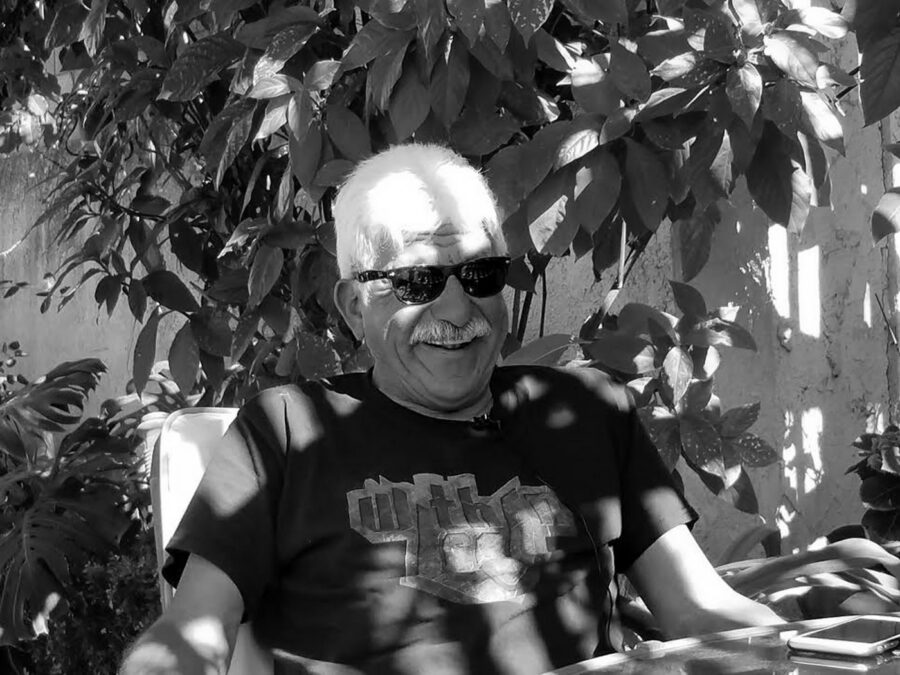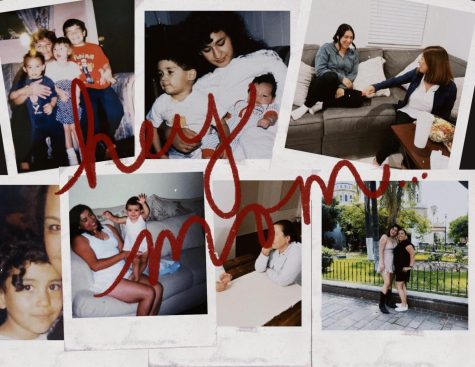The Not So Silent Generation: Part Four
A series that gives an inside look into the extraordinary lives of ten humans over 75
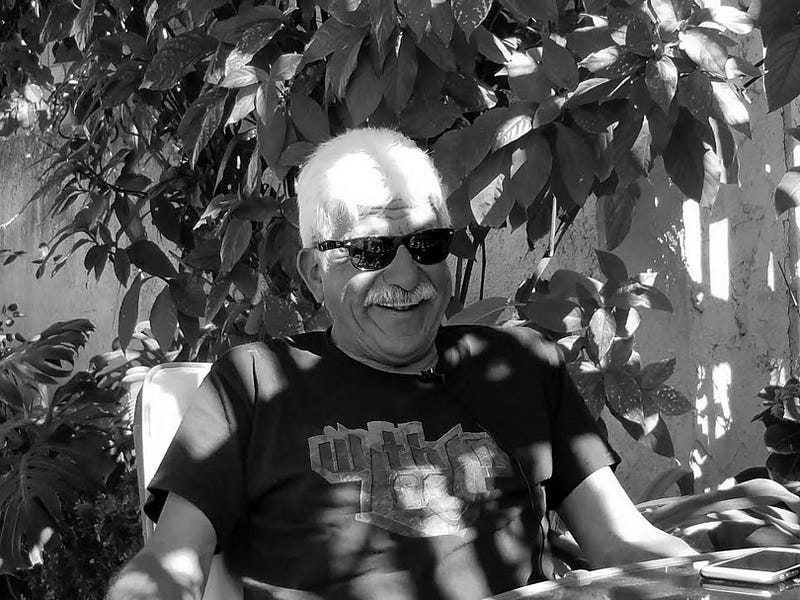
The Not So Silent Generation: Part Four
A series that gives an inside look into the extraordinary lives of ten humans over 75
Series Content Editor, Talin Hakopyan
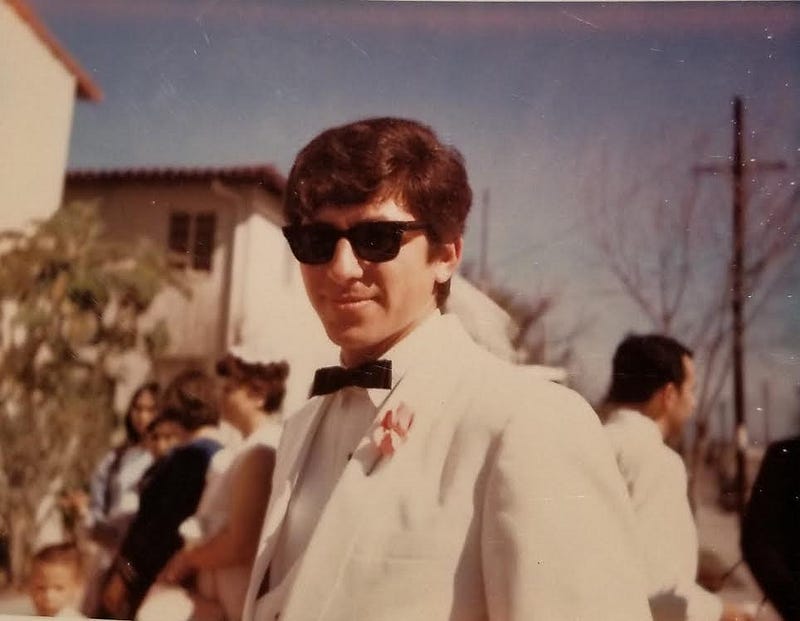
Carlos Negrete, 75, San Bernardino
Story and photos by Mark Nemico
“You know when you value friendships, you learn to love. You learn to forgive — sometimes.”
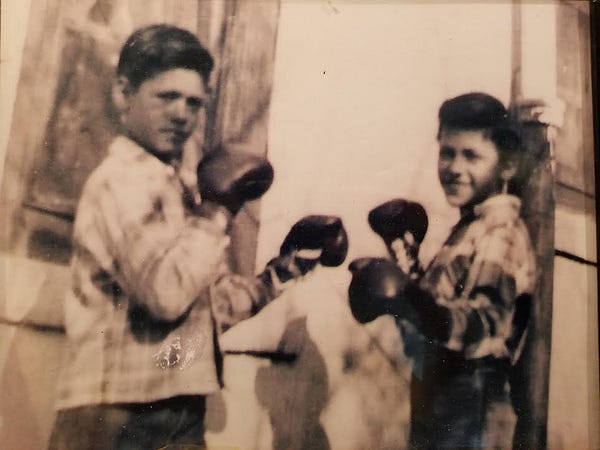
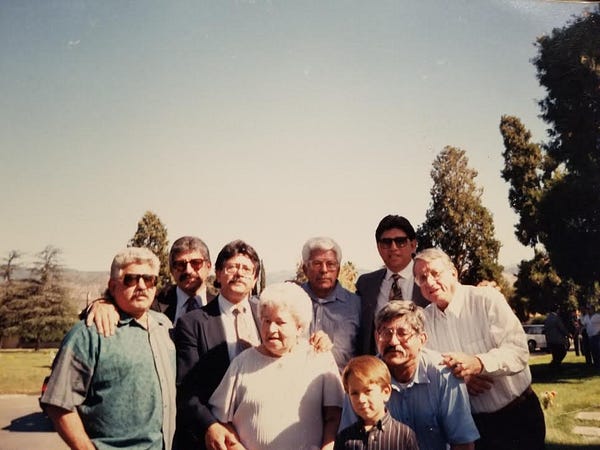
Actually, they were from Mexico. I’ll tell you a couple interesting stories about my grandfather. My grandfather owned a ranch in Mexico. The ranch is still there, I believe it’s called Las Masas. Well, he felt that he was gonna come into the United States and like a lot of other places he had a mistress. So when, she found out that he was coming up here and bringing his family, she poisoned him and he died! Seriously!
And my mother’s grandfather was coming home after he had gone to sell whatever in the market place and he got killed because they robbed him.So that was, I never knew my grandparents, but I did know my grandmothers — both of them.
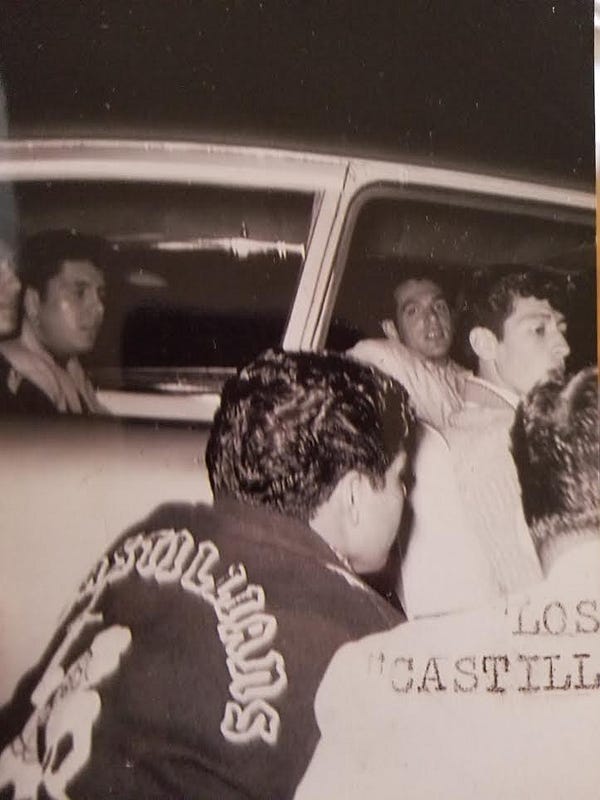
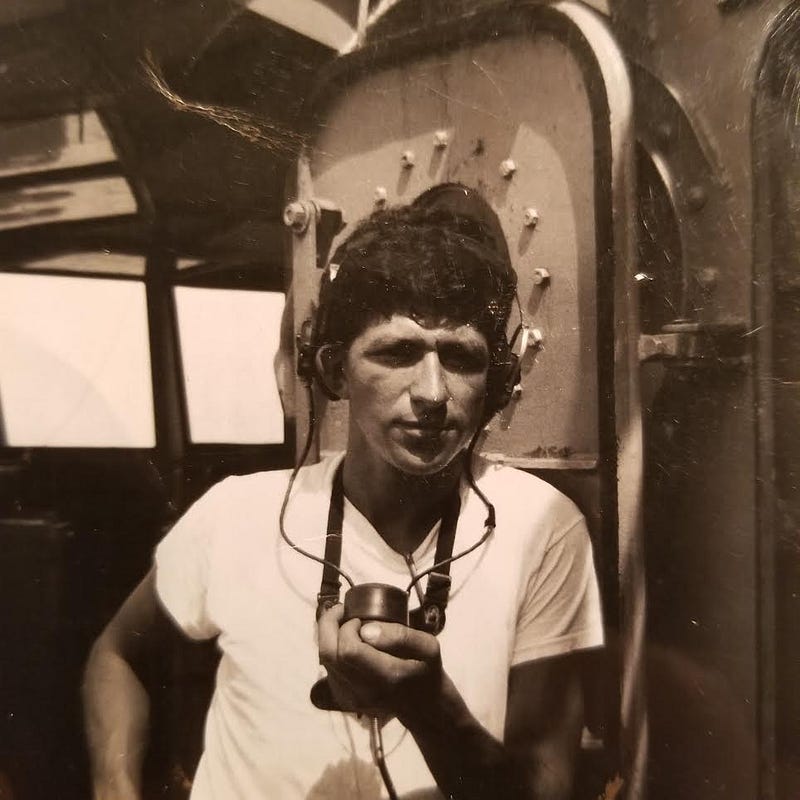
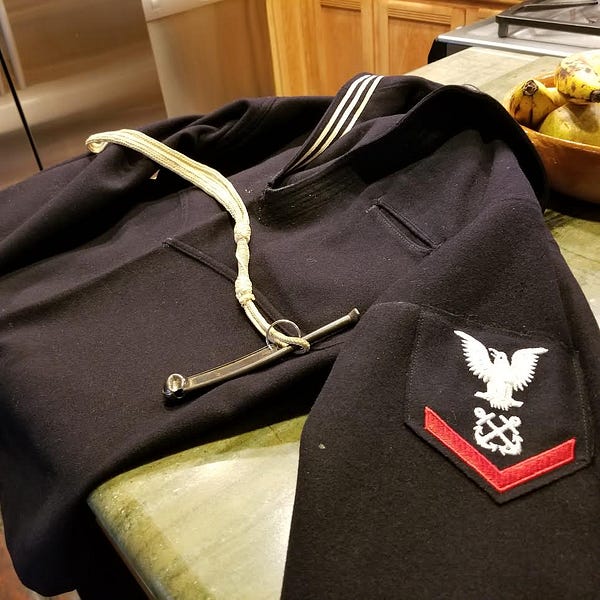
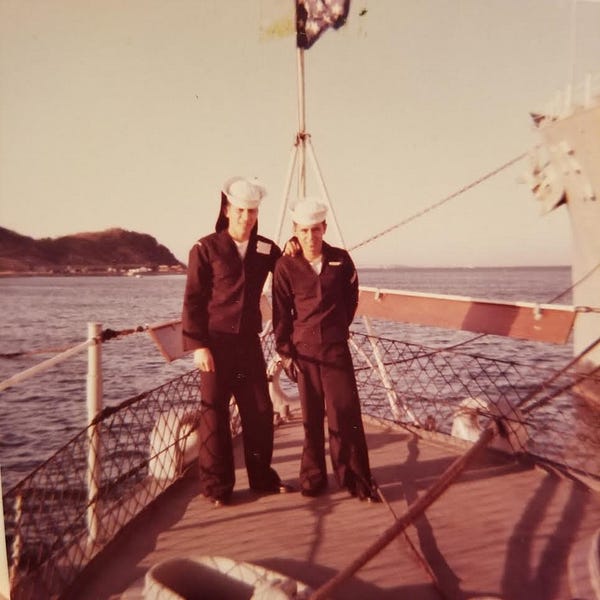
This guy was from Seattle, his name was Thickles and we were playing war games out with the submarines. It was antisubmarine (stuttered)…what a killer group or something…and that’s when they had the big threat where the Russians had a lot of submarines so we were gonna counteract them by having ships that was going to take care of that problem. It was called Hunter Killer Group, so we played war games with our own ships. So what they would do, they would fire torpedoes and just through sensors or whatever they knew how close it came to the submarine and it was either a kill or not a kill. Well because these torpedoes were so expensive we had to go in the water and retrieve them.
So, I go put on a wet suit, fins and the whole bit and they’d lower our motor oil boat and we’d get close enough and then I would have to swim maybe about 70 yards out. The waves are so powerful that it’ll move you a hundred yards in about 3 seconds; it’s just that water is that strong. So, when you’re in the water they have this guy with an M1 rifle and he was supposed to be a shark guard — -just in case a shark came close to you he was going to get rid of that shark and shoot him. So, I felt safe. What the hell do I know; I’m like 19 years old 18 you know. No problem, I got somebody out there that’s going to protect me so I did that for a while.
So anyway, nonetheless that thing…. We were gonna back to Vietnam or the Tonken Gulf they mounted some machine guns on the side. So you had to qualify because you are on the bridge you had to qualify to be able to shoot those. So, they had these targets probably 3 times the size of your car and the ship is rocking and everything, so everyone is up well whoever is up there qualifying and these bullets are straying and going all over the damn place — can’t hit the target. So I’m going like, “wait a minute, I’m about a hundred and some yards out or better than that and this guy’s got an M1 rifle, the ship’s rocking how the hell are they going to shoot that shark if he couldn’t shoot his target with a machine gun?!” Something is wrong here! So I was like, I don’t want to go in the water again!
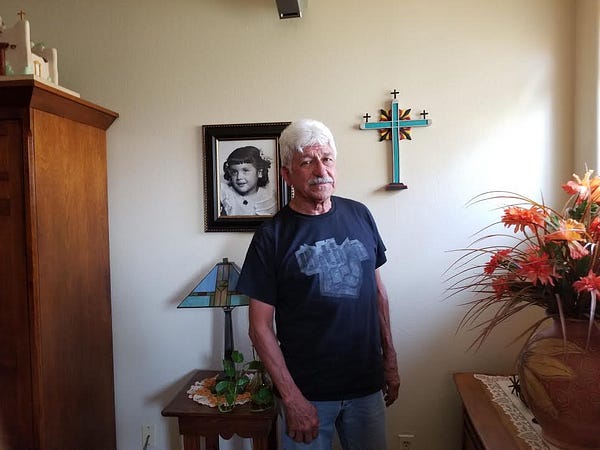
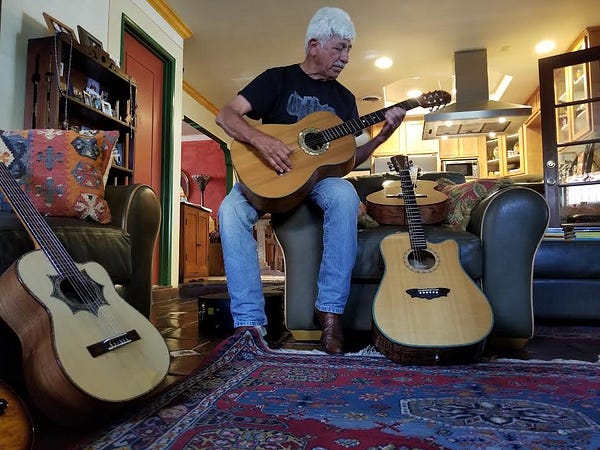
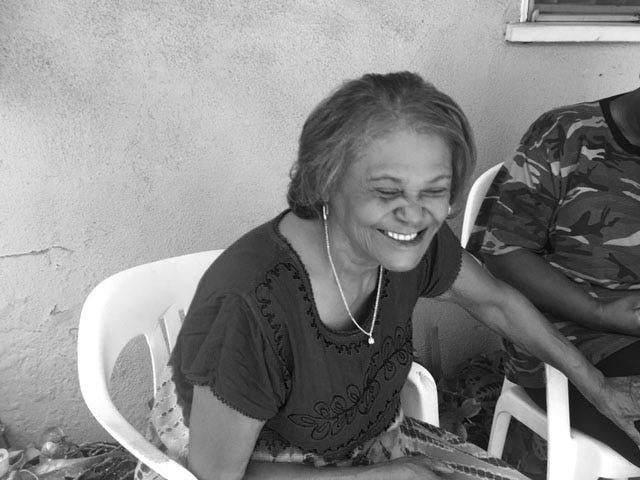
Ernestine Halsell, 75, Tyler Town, Mississippi
By Dayshis Wallis
If I could change anything in my life, I would go back to school and get an education. I advise young people to go to school, be independent, and don’t rush their lives.”
Ernestine Hall’s life has been one of a caregiver, as one of 13 siblings, and later, taking care of her own children with disabilities.
Growing up in Mississippi when racism was infused in the culture, Hall described that time as “hard.”
“I remember when black people would walk in the store and the parrot would squawk, “Nigga stealing.”
Hall said that even going to school was difficult.
“My mama wasn’t able to buy clothes and stuff and dress us proper to go to school. We didn’t have transportation. We had to walk,” she said.
She added that jobs were scarce.
“We did have jobs for people and people didn’t have the education so they had to work on the farm to be able to live and have their food and to take care of themselves.”
When Hall was old enough, she was in the field farming, picking peas.
At 16, Hall was seeing the man who would later become her husband.
“We met on the street. He was a friend of my brother’s and he introduced him to me.
Hall became pregnant with her first child and her mother was not happy.
“She had her hands full with 13 kids and five grandkids so she figured she was going to have to take care of my child,” Hall said.
Hall gave birth to a girl, Tammy, and realized at two months old that she had spots on her eyes. She underwent surgery for cataracts and was blind.
Her second daughter, Tracy, came down with what the doctors thought was pneumonia, but then she went into a coma. She had meningitis.
Her third child, a son, would also come down with meningitis but would not make it. He died at three months old.
But Hall stayed strong for her children.
“I guess I got this from my mother, having all those kids and she never did give up on us, even after her husband died.

